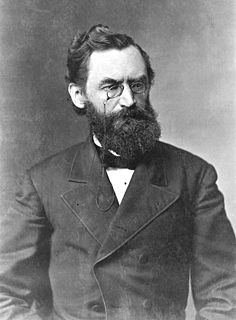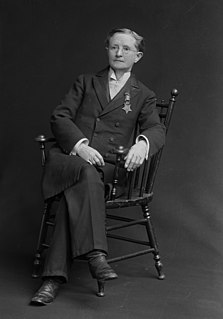A Quote by Mark Twain
What's the use you learning to do right , when it's troublesome to do right and it ain't no trouble to do wrong, and the wages is just the same?
Related Quotes
The best results are achieved by using the right amount of effort in the right place at the right time. And this right amount is usually less than we think we need. In other words, the less unnecessary effort you put into learning, the more successful you'll be... the key to faster learning is to use appropriate effort. Greater effort can exacerbate faulty patterns of action. Doing the wrong thing with more intensity rarely improves the situation. Learning something new often requires us to unlearn something old.
A man has a right to use a saw, an axe, a plane, separately; may he not combine their uses on the same piece of wood? He has a right to use his knife to cut his meat, a fork to hold it; may a patentee take from him the right to combine their use on the same subject? Such a law, instead of enlarging our conveniences, as was intended, would most fearfully abridge them, and crowd us by monopolies out of the use of the things we have.
If the underdog were always right, one might quite easily try to defend him. The trouble is that very often he is but obscurely right, sometimes only partially right, and often quite wrong; but perhaps he is never so altogether wrong and pig-headed and utterly reprehensible as he is represented to be by those who add the possession of prejudices to the other almost insuperable difficulties of understanding him.
The fundamental rights of [humanity] are, first: the right of habitation; second, the right to move freely; third, the right to the soil and subsoil, and to the use of it; fourth, the right of freedom of labor and of exchange; fifth, the right to justice; sixth, the right to live within a natural national organization; and seventh, the right to education.
Even if you tell yourself "Today I'm going to drink coffee the wrong way ... from a dirty boot." Even that would be right, because you chose to drink coffee from that boot. Because you can do nothing wrong. You are always right. Even when you say, "I'm such an idiot, I'm so wrong..." you're right. You're right about being wrong. You're right even when you're an idiot. No matter how stupid your idea, you're doomed to be right because it's yours.
There's nothing "wrong" with anything. "Wrong" is a relative term, indicating the opposite of that which you call "right." Yet, what is "right"? Can you be truly objective in these matters? Or are "right" and "wrong" simply descriptions overlaid on events and circumstances by you, out of your decision about them?






































